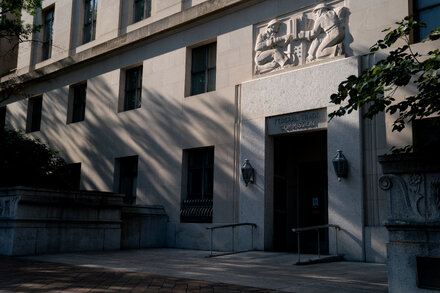In the realm of political discourse, the phrase “For His Enemies, the Law” encapsulates a persistent and often contentious debate concerning the impartial application of legal principles. This sentiment typically arises amidst high-stakes legal proceedings involving prominent political figures, suggesting a perception that judicial systems can be weaponized or selectively enforced against adversaries, while allies might escape similar scrutiny.
The concept underscores a fundamental tension between the ideal of universal justice—where all individuals are equally subject to the law—and the realities of political power dynamics. Accusations of selective prosecution or politically motivated investigations are not new to the political landscape, having been leveled across various administrations and political parties throughout history.
Proponents of the “For His Enemies, the Law” argument often point to instances where investigations appear to target specific political opponents more rigorously, or where the severity of charges seems disproportionate compared to similar alleged offenses committed by political allies. This perspective suggests that legal institutions, intended to be independent and impartial, can become susceptible to political pressures, potentially undermining public trust in their neutrality.
Conversely, defenders of the justice system emphasize the principle that no individual, regardless of their political stature, is above the law. They argue that investigations and indictments are the result of evidence-based processes, independent prosecutorial discretion, and the constitutional framework designed to ensure accountability. From this viewpoint, claims of political targeting are often dismissed as attempts to deflect from legitimate legal scrutiny or to politicize the justice system for personal or partisan gain.
The ongoing debate over the perceived weaponization of legal processes carries significant implications for democratic societies. It challenges the integrity of institutions essential for maintaining order and justice, and can deepen societal divisions by fostering cynicism about the rule of law. When a substantial portion of the populace believes that justice is applied unequally, it can erode faith in governance and contribute to political instability.
Navigating these complex accusations requires a steadfast commitment to transparency, due process, and rigorous adherence to ethical standards within the legal and political spheres. The enduring challenge lies in upholding the impartial application of justice while simultaneously addressing public concerns about fairness and accountability in a highly polarized environment.
Source: Read the original article here.





